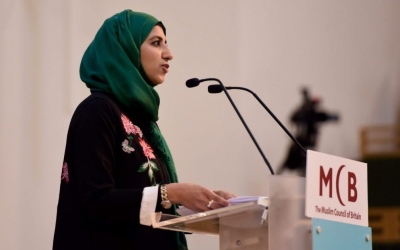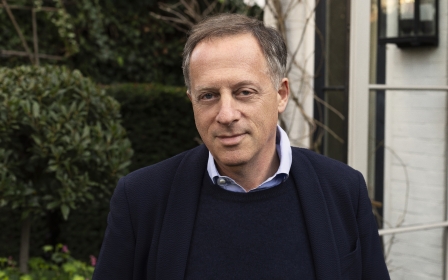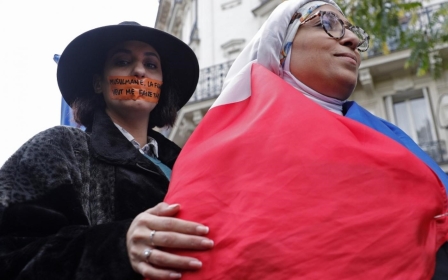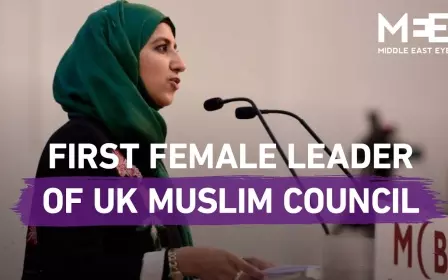BBC criticised over 'hostile' interview with MCB's first female leader
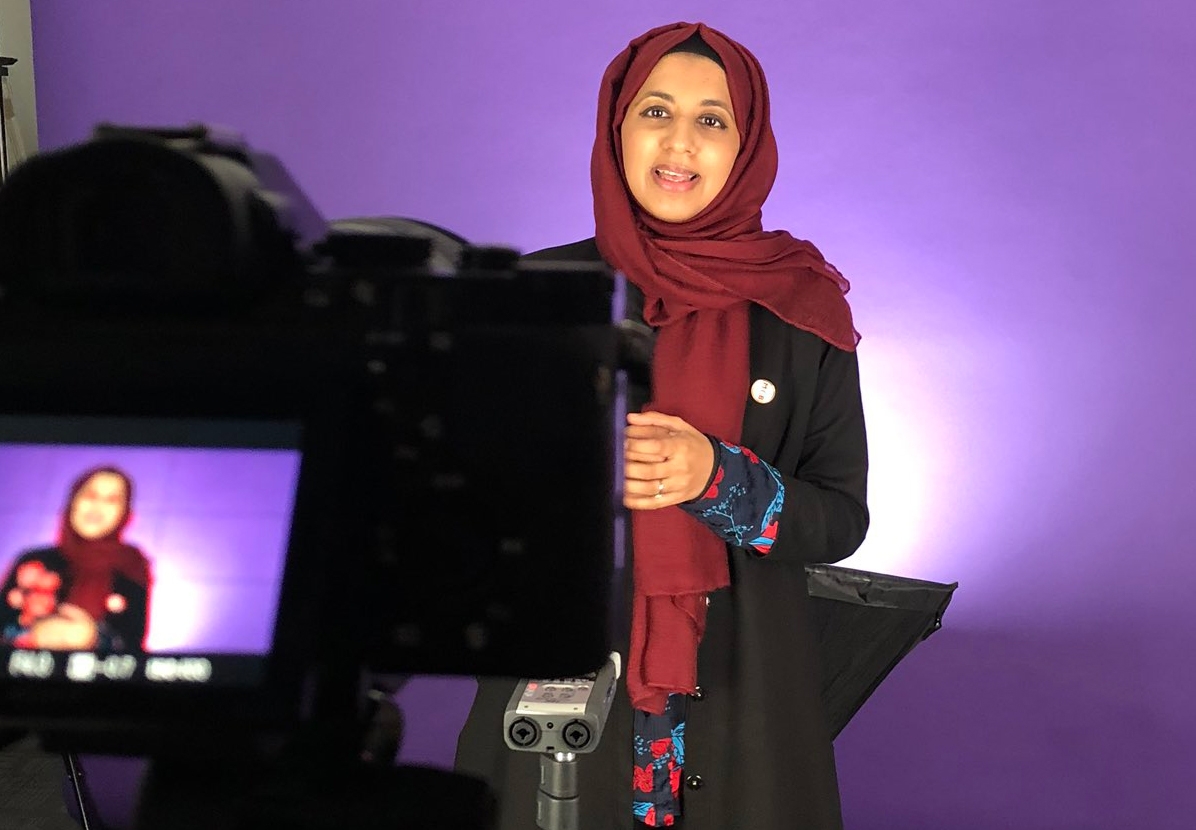
More than 100 public figures have signed an open letter to the BBC criticising Radio 4's Woman's Hour programme for its "strikingly hostile" interview with Zara Mohammed, the first woman to lead the Muslim Council of Britain.
The letter called on the BBC to diversify its editorial and production team and better engage with Britain's Muslims, saying that Emma Barnett's line of questioning with Mohammed re-enforced "damaging and prejudicial tropes" about Islam and Muslim women.
"Despite Mohammed's repeated claims that religious adjudication was not within the parameters of her role leading a civil society organisation, Barnett asked the question about female imams four times, each time interrupting Mohammed's answer," the letter read.
'This cannot be the way that media organisations ... engage with Muslim women and Muslim people'
- Yassmin Abdel-Magied, letter organiser
"The framing of the interview and clipping up of the 'female imam' segment for social media mirrored the style and tone of an accountability interview with a politician, rather than authentically recognising and engaging in what this represented for British Muslim women.
"Moreover, the false equivalence between imams with rabbis and priests in a religion that has no clergy reflected a basic lack of religious literacy needed for authentic engagement with British Muslim communities."
The Guardian was the first to report on the letter.
The public signatories include Labour MPs Diane Abbott; Naz Shah; Zarah Sultana and Apsana Begum; Baroness Warsi, a former Conservative Party chair; comedian Deborah Frances-White; Rizzle Kicks' Jordan Stephens; Faiza Shaheen, director of the Centre for Labour and Social Studies; and author Nikesh Shukla.
A total of 200 people have signed on to the letter, organised by writers Yassmin Abdel-Magied and Mariam Khan.
Muslim representation
In January, 29-year-old Mohammed, a Scottish training and development consultant, became both the youngest and first female leader of the Muslim Council of Britain, the UK's largest Muslim umbrella organisation with more than 500 affiliated organisations.
On 4 February, she appeared as a guest on the Woman's Hour programme, where Barnett repeatedly asked her about the number of female imams in the country.
The letter adds that the BBC removed the original tweet with a clip of Mohammed's interview following complaints online and in private.
"This cannot be the way that media organisations, especially the BBC – which is meant to represent Britain and British people – engage with Muslim women and Muslim people," Abdel-Magied, one of the organisers of the letter, told The Guardian.
She added that she had conversations with other Muslim women who were "seriously reconsidering whether or not going on Woman's Hour is something that we want to do as part of any publicity around our books or conversations around issues that are really important to us".
Khan, the other organiser of the letter, said while it was "disheartening" to see the interview, it helped expose "the wider cultural problem within the BBC and the media when it comes to the representation of Muslims."
"This is a crucial moment in which the BBC can choose to turn its back on the Muslim community or engage in making a change and acknowledging it’s very real-life impact on the lives of Muslims in the UK," she said.
The open letter notes that Muslim voices are underrepresented across the public broadcaster and calls on the BBC to recommit to engaging with Muslim women and those from historically marginalised communities and recruit Muslims in leadership and commissioning roles.
Middle East Eye propose une couverture et une analyse indépendantes et incomparables du Moyen-Orient, de l’Afrique du Nord et d’autres régions du monde. Pour en savoir plus sur la reprise de ce contenu et les frais qui s’appliquent, veuillez remplir ce formulaire [en anglais]. Pour en savoir plus sur MEE, cliquez ici [en anglais].


